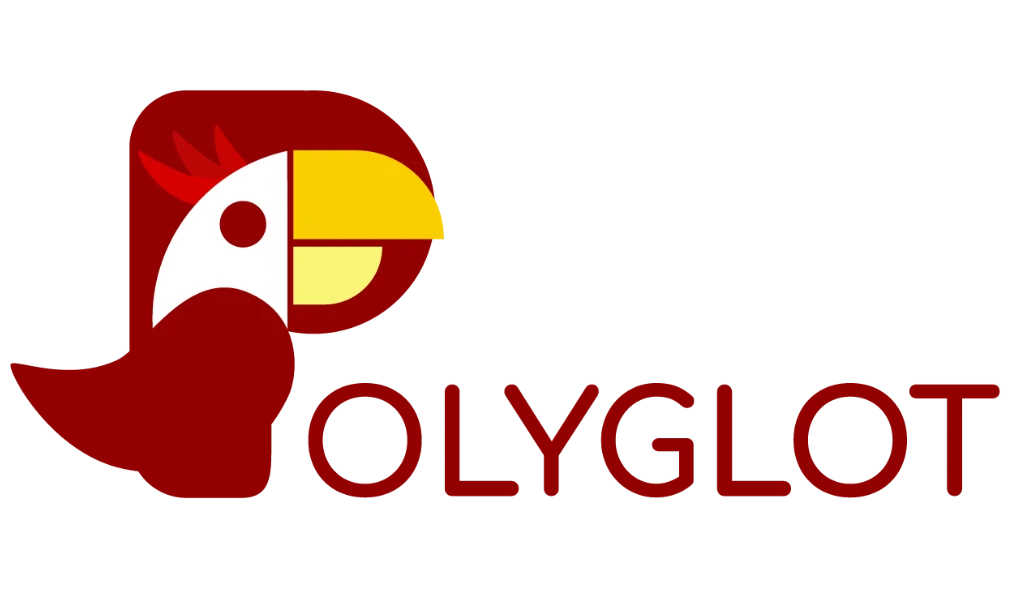Learning a language is one of the best investments we can make! Not only to build our future, but also to improve our cognitive functions and keep our minds fresh. Foreign languages can help you to gain new friends, learn about new cultures and increase your value in the labour market. Suddenly the world starts to widen, we may have a glimpse into other societies. Also get to know other cultures in a much broader perspective and broaden our knowledge also. For others, it may be a career goal, or it may be the opportunity to move away. It can also be just the pure motivation may be that of interest. What is certain is only that there are many ways, methods and practices that can help us to progress as quickly as possible.
How to learn a language?
It is therefore clear that there are many methodologies and techniques available to learn a language well. But it is up to each individual to experience and decide which one suits him or her best. Some people prefer to learn individually. Others prefer to learn in a group, and those who have the necessary self-discipline can learn on their own or online.

Online language learning
The great advantage of learning a language online is that you can learn at your own pace and on your own schedule. We can work through the lessons at the pace that suits us best, and we do not have to adapt to time or place. Consequently, online language learning requires a high level of self-discipline! As no one is checking you and no one will tell you if you slip up on a lesson or two. We also have to take into account that this method is mainly a passive way of learning, as it usually requires a minimum of speaking out loud.

Learning a language individually with a private tutor
This is one of the classic models – where the teacher is dealing exclusively with you. In this model, the speed of progress is also up to you. However the focus may be more on practising your speaking. It is important to choose a tutor or language school with experienced language teachers who can assess individual needs well and accurately. It is important, therefore, that teachers are flexible in their approach to language learning, as it is absolutely individualised. Everyone likes and can progress in their learning in different ways. Many people are introverts and are reluctant to speak in front of others, or simply prefer to learn at their own pace. For them individual language learning is highly recommended.
Group lessons
Similar to learning in the classroom, this type of learning is done in groups. For those who are extroverted and like to learn in a group, group lessons are the best choice. And for those who are also sociable but at the same time need to progress at a good pace, small group classes may be the right choice. With the right number of small group classes, there is time to accommodate individual preferences.

Self-taught language learning
If you want to learn a language in a fully self-taught way, the most effective method is to incorporate learning into everyday life in as many ways as possible. We can listen to audio on the move or during exercise. Also watch films or TV series in the language we are learning, and learn grammar rules in our spare moments. Of course, diligence, perseverance and self-discipline are also key.

Learning a language abroad
Learning a language abroad can be the adventure of a lifetime when you’re young, a university student and have no major commitments. In addition to learning a language, a year or even a semester abroad can have many positive benefits. Making new friends, learning about new and different cultures and customs can be a great experience, it can broaden your knowledge and it can also look good on your CV.
What can you do if you get stuck in your studies?
Adding a little variety to your learning process can make a big difference. Try new methods! Look for new audio materials, podcasts, YouTube channels or even audiobooks! Keeping a diary in the language you’re learning is also a good way to learn! But it can also give you a new impetus to find a native speaker for a shorter period of time.
When you need professional help
Of course, there are also times when we don’t have the professional or in-depth knowledge of a language, or when we need to conduct business negotiations with speakers of an exotic language. In such cases, there is obviously little point in a quick course. In these cases, it is better to seek professional help and hire an interpreter!






